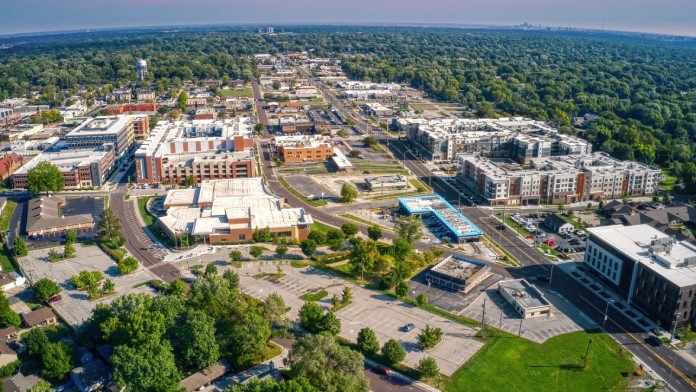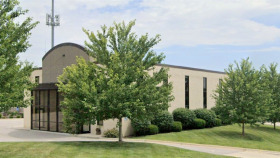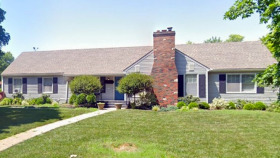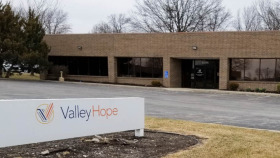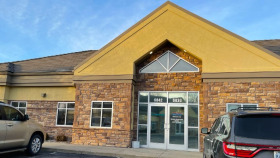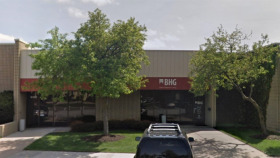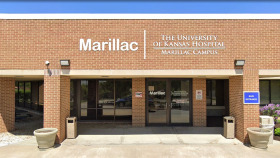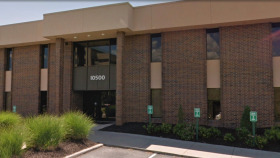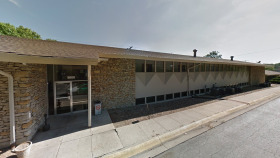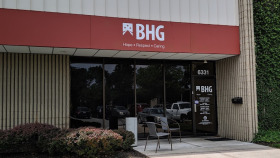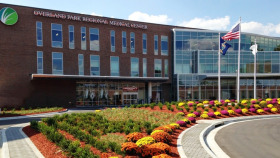Expert Insights
I was pleased to see that the U.S. Senator Roger Marshall announced new legislation to target the sale and distribution of fentanyl. The Cooper Davis Act, named after a Johnson county teen who took a pill containing a lethal dose of fentanyl, would require social media companies to work with law enforcement agencies to reduce the illicit sale of drugs on their platforms. While I’m dubious about giving agencies access to private information, I do think it’s a good idea in this regard because these sites are so unregulated. I’ve personally seen ads for drugs on Instagram and I don’t spend as much time on these sites as kids. It’s worrying that they could purchase drugs when their parents think they’re just chatting with their friends.
~ Olivia Pennelle
Cost of Drug Rehab in Overland Park
When looking into the cost of care, some important factors to consider are the cost of living in the area you want to go to rehab, what type of program you need, and what your financial situation is.
If you need help financing your program, you can look into applying for a medical care loan or try setting up a crowdfunding website. If those options aren’t a good option for you, try finding a low-cost or free facility.
Low-Cost and Free Drug Rehab Centers in Overland Park?
If you are looking for low-cost and free drug rehabs and detox centers in Overland Park, you can contact your local health and human services office. You can also call 211, the state-wide community resources hotline. Either place can connect you with a local group that offers scholarships, sliding fee scales, or free programs to locals.
The Substance Abuse and Mental Health Services Administration (SAMHSA) offers block grants to different localities across the country to facilitate programs for those without sufficient insurance to pay for care. According to the SAMHSA Treatment Locator Map, there are seven facilities within ten miles of the city center that utilize federal block grants to provide low-cost and free alcohol rehabs in Overland Park.4
Does Insurance Cover Rehab Center Costs?
Yes, regulations such as those outlined in the Affordable Care Act and the Mental Health Parity and Addiction Act require health insurance companies to pay for medically necessary substance use disorder treatment.
Medicare: Medicare is a government-funded health insurance program available for people over age 65 or with a disability. This program has several parts, each of which pays for a different type of treatment, such as Part D for medication. Speak with your local social services offices, or call your primary care physician for a referral to a Medicare specialist who can help you determine what you qualify for and apply.
Private Insurance: Private health insurance is often offered in employee benefits packages but can also be obtained on the healthcare market during the annual open enrollment periods or major life changes. Insurance can help pay for some, if not all, of the services provided in your chosen program. Some popular health insurance providers in Kansas include Aetna, Sunflower Health Plan, United Healthcare, and Regence.
Medicaid: KanCare is the Kansas state program that oversees the facilitation of health services to those enrolled in Medicaid.4 This program covers the cost of medically necessary services for those who are living at or below federal poverty standards and meet other qualification guidelines.5
Overland Park, Kansas Alcohol and Drug Use Statistics
Drug overdoses have risen consistently since 2000. Here are some more facts about illicit substance use in the county:1,2,3
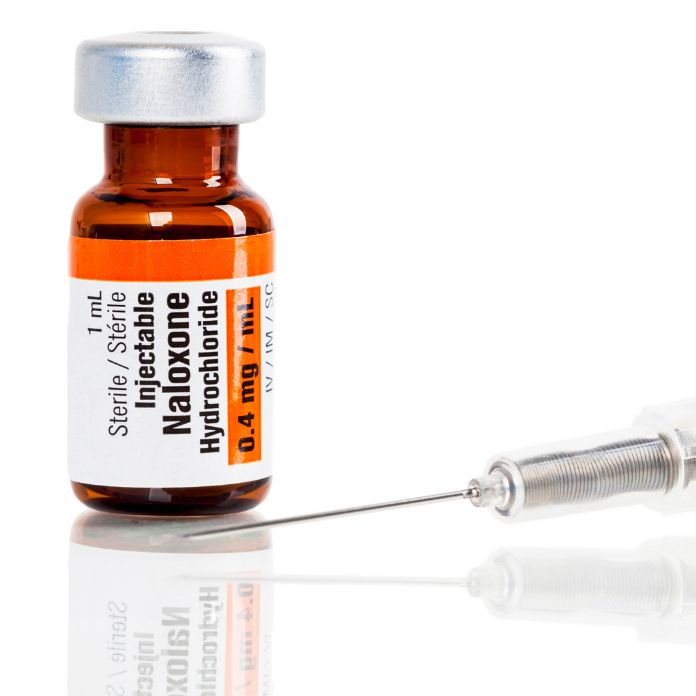
Between 2015 and 2020, there was an 80% increase in overdoses and a 54% increase in the first half of 2021.
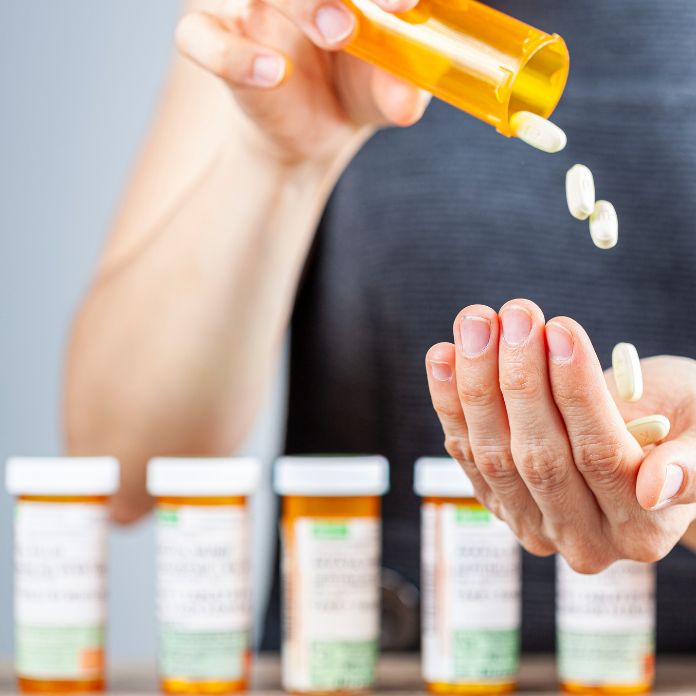
In 2017, the number of fatal drug overdoses was higher than the number of car accident fatalities.

The 45-54 age group was affected most by drug overdoses, followed by the 35-44 age group.
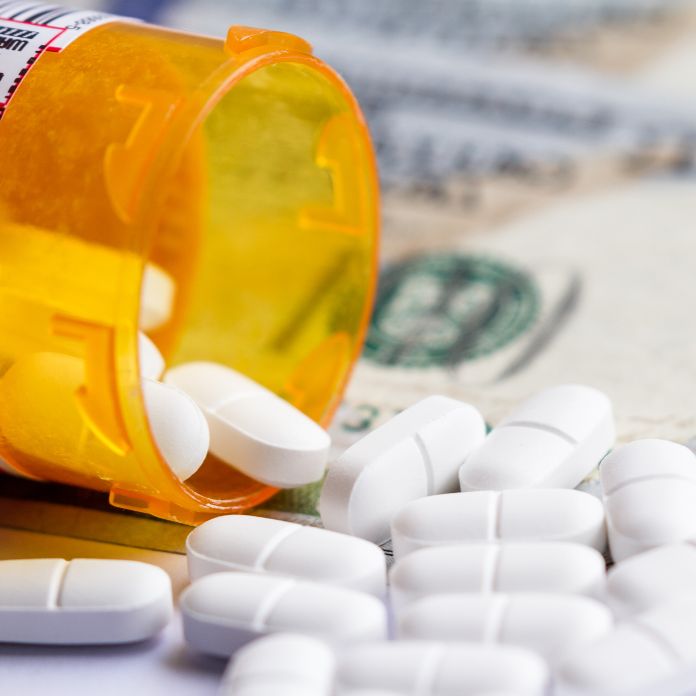
The rate of deaths caused by opiates was twice that of all other drugs in 2018.
There is a wealth of programming available in Overland Park and nearby Kansas City to help people with an addiction to drugs or alcohol.
Drug and Alcohol Laws in Kansas
Because the state has seen such a rapid increase in drug and alcohol-related problems, there is a range of laws that have been enacted to help people dealing with the fallout.
Naloxone Access Law: In response to the rising number of opioid overdose deaths, the state enacted Naloxone access laws to enable pharmacists to provide first responders, teachers, family members, bystanders, and patients access to life-saving medication without a prior prescription.14 This policy is pharmacist-specific, meaning pharmacists can choose whether or not to participate in the program, and if one pharmacist is not certified to participate, you can ask to speak to a pharmacist who is or call 211 to be directed to a participating pharmacy.
Family and Medical Leave Act: The state of Kansas follows federal FMLA guidelines, offering 12 weeks of unpaid leave to employees that have worked for 1,250 hours in the past 12 months with at least one year of employment.15 This rule is to run concurrently with any paid leave you may have earned, meaning you can’t typically stack your paid leave and unpaid leave, though some companies may allow it.
Involuntary Substance Use Treatment Law: In Kansas, under statute 59, a person may be forced to enter rehab services if a mental health professional, law enforcement officer, or other person believes them to be a danger to themselves and others as a result of uncontrollable substance use.16
Addiction Treatment Settings

Different rehab programs are used for different needs and stages of treatment. If you’re in the grips of a severe addiction to alcohol, opiates, or other addictive drugs or medications, then you can look for a medical detox program to help you. This typically involves a stay of a week or longer in a facility where your daily needs are taken care of and you’re given 24/7 medical supervision.
Once detox is completed, you can step down in the care level into a residential or outpatient program. Some facilities provide a full continuum of care and won’t require you to move from different facilities to detox. Other centers don’t offer detox but will arrange transportation between centers.
Inpatient or residential treatment centers offer round-the-clock care for your daily and medical needs as well as medication management, individual and group counseling, and evidence-based therapies. Outpatient care offers the same types of treatments without clients needing to live in the facility during the length of the program.
There are several levels of outpatient care. The highest level of care is found with partial hospitalization programs, also known as PHPs or day programs. A PHP requires a daily trip to the rehab to participate in therapy and take medication if using medication-assisted treatment (MAT). Intensive outpatient programs (IOPs) offer the next level of care, with less therapy needed than PHPs and only several appointments needed per week.7
Standard outpatient programs (SOP) offer the lowest level of care in programming. These programs usually require as few as one trip to the center per week to participate in group therapy and regular phone calls with an addiction therapist. Depending on your needs and capabilities, programs can last anywhere from a month to a year or longer.
Meanwhile, it’s important to remember that aftercare is key to long-term recoveries, such as participation in 12-step programs or SMART Recovery.
Specialized Drug Rehabs in Overland Park
If you’re from a particular background or simply want to go to rehabilitation in a facility designed to facilitate your current lifestyle, various types of rehabs can help you.
Faith-Based and Christian
If you have a strong spiritual background, look for a facility that caters to people of your faith. These programs tend to include group prayer sessions as well as individual counseling with a pastor. Different programs will offer therapies with roots in your religion, such as the communion services in Catholic rehabs.
Dual Diagnosis
Dual-diagnosis addiction treatment centers are created to help people with co-occurring disorders, whatever their mental condition and drug of choice. These centers are staffed with highly trained mental health professionals, including psychiatrists and psychologists, on top of the standard 24/7 nursing team.
Holistic
Holistic rehab aims to unite the body, spirit, and mind while healing from addiction. They tend to have nature-based therapies in addition to individual and group therapy, such as equine therapy, guided nature walks, and meditation groups. You will also usually see a variety of fitness-based meditation programs in holistic rehab, including yoga and tai chi.
Luxury
Luxury facilities and detox centers in Overland Park are great for when you can afford to think of your residential stay as a therapeutic vacation. These facilities tend to offer high-end amenities such as massage therapy and fitness centers with spas in addition to the latest technologies and holistic therapies.
Executive
For those that need an extra focus on confidentiality and need to carry on with their professional responsibilities in some capacity while in care, there are executive rehab centers. These facility centers usually have business rooms to use for checking e-mail, whereas a normal treatment center may not allow patients to use computers while they’re in treatment.
Medication-Assisted Treatment
Medication-assisted treatment (MAT) is available for alcohol use disorder (AUD) and opiate use disorder (OUD). The FDA has only approved certain medications to be used, which you could access through an FDA-certified MAT provider, either an inpatient or outpatient program. The Substance Abuse and Mental Health Administration (SAMHSA) lists various benefits of MAT, including:8
- Better treatment outcomes and a higher chance of long-term sobriety
- Healthier births and children in pregnant women with SUD
- Less criminal activity
- Higher adherence to aftercare programming, such as going to 12-step meetings
Methadone: Methadone is an opiate agonist that helps reduce cravings and withdrawal by providing enough opiate receptor activation to relieve symptoms.9 This medication does provide a euphoric high, and there is a chance of misuse. Methadone is approved for OUD and pain management programs.
Suboxone: Suboxone is a lesser opioid antagonist than methadone, producing less of a high feeling and having a slightly lower risk of misuse.10 It works to prevent withdrawal symptoms and reduce cravings, helping ensure relapse prevention and improve the overall quality of life during detox and rehab.
Naltrexone (Revia/Vivitrol): Naltrexone is an addiction medication to treat both alcohol and opiate use disorders.11 Naltrexone doesn’t reduce withdrawals or produce any euphoric feeling, so there is much less risk of misuse of this medication. It’s important to refrain from using opiates for at least a week before taking Naltrexone and to refrain from using illicit drugs or pain medications while taking it.
Antabuse (Disulfiram): Antabuse is an FDA-approved medication for AUD.12 Antabuse is helpful for relapse prevention because if you drink while taking this medication, you’ll become very ill fairly quickly. People with AUD can be prescribed this medication, which can be taken after they’ve refrained from drinking for at least 12 hours to 24 hours prior.
Acamprosate: Acamprosate treats AUD by lowering the cravings caused by your brain chemistry.13 This is a daily medication that’s FDA-approved for long-term use, though people with kidney issues may need ongoing monitoring or may not be a good candidate for this medication. Acamprosate is most effective when used in conjunction with alcohol education, aftercare rehab programs, and support groups like Alcoholics Anonymous (AA) or SMARTRecovery.
Should You Travel for Drug and Alcohol Rehab in Overland Park?
 Known as the Breadbasket of the Midwest, Kansas is a popular agricultural metro with deep scientific roots, home to aerospace and bioscience centers. If you want to explore the region, ask yourself if it’s better to seek rehab or visit Kansas for treatment.
Known as the Breadbasket of the Midwest, Kansas is a popular agricultural metro with deep scientific roots, home to aerospace and bioscience centers. If you want to explore the region, ask yourself if it’s better to seek rehab or visit Kansas for treatment.
If you have health insurance coverage, your network might be able to extend to the state if you have a center you want to utilize. You can ask your health insurance company by calling the number on the back of your card, and they’ll be able to direct you through the process.
If you’re a self-pay patient, you might find Overland Park has more affordable options, or a scholarship or sliding fee scale might be available in the area you have your eye on. Speaking with the local health and human services department would be the best way to find those programs and find out if you are qualified for them.
You should also evaluate your social network in Kansas before moving. Friends and family in the area might be able to lend you a helping hand while you rehab, giving you a place to stay or just a shoulder to lean on when you need support.
If you’re looking for more suburban neighborhoods with higher home values, check out locations on the west side of Overland Park, such as College Oaks, Coachlight Meadows, and Fox Ridge. This area has many fun outdoor activities, like the Lady Overland Park Golf Course, and cultural centers, like the Nerman Museum of Contemporary Art. There are also shopping centers nearby, including Costco and Target.
East Overland Park is also home to some great features, like the Sylvan Lake area and its beautiful natural spaces and bodies of water. The Waterwalk is nearby in Overland Park Plaza, with iFLY indoor skydiving to the north.
The North Park neighborhood, in the very north of the city, has more shopping with a Target and Trader Joe’s nearby, as well as golfing at the Milburn Golf & Country Club. Associate’s at Hope Harbor is in this area, a popular rehab program, and other drug counseling centers.
Resources
- FindTreatment.gov. (n.d.). FindTreatment.gov.
- Shawnee County Health Department. (January 27, 2020). EPI-SURVeillance.
- Kansas Department of Health and Environment. (January 3, 2022). News Flash: Kansas sees a 54% increase in drug overdoses in the first 6 months of 2021.
- Center for Disease Control. (2022). CDCWonder.
- Substance Abuse and Mental Health Administration. (2022). Treatment Locator.
- the State of Kansas. (2022). KanCare Medicaid for Kansas.
- Centers for Medicare & Medicaid Services. (2022). Eligibility.
- National Library of Health. (2022). Substance Abuse: Clinical Issues in Intensive Outpatient Treatment. Chapter 3. Intensive Outpatient Treatment and the Continuum of Care.
- Substance Abuse and Mental Health Services Administration. (2022). Medication-Assisted Treatment.
- Substance Abuse and Mental Health Services Administration. (2022). Methadone.
- Substance Abuse and Mental Health Services Administration. (2022). Buprenorphine.
- Substance Abuse and Mental Health Services Administration. (2022). Naltrexone.
- National Alliance on Mental Illness. (2022). Antabuse.
- National Alliance on Mental Illness. (2022). Acamprosate.
- Kansas Board of Pharmacy. (2022). Naloxone Dispensing in Kansas.
- Kansas Department of Administration. (2020). Family and Medical Leave Act (FMLA) Policy.
- Kansas State Legislation. (2021). Statute 59.

